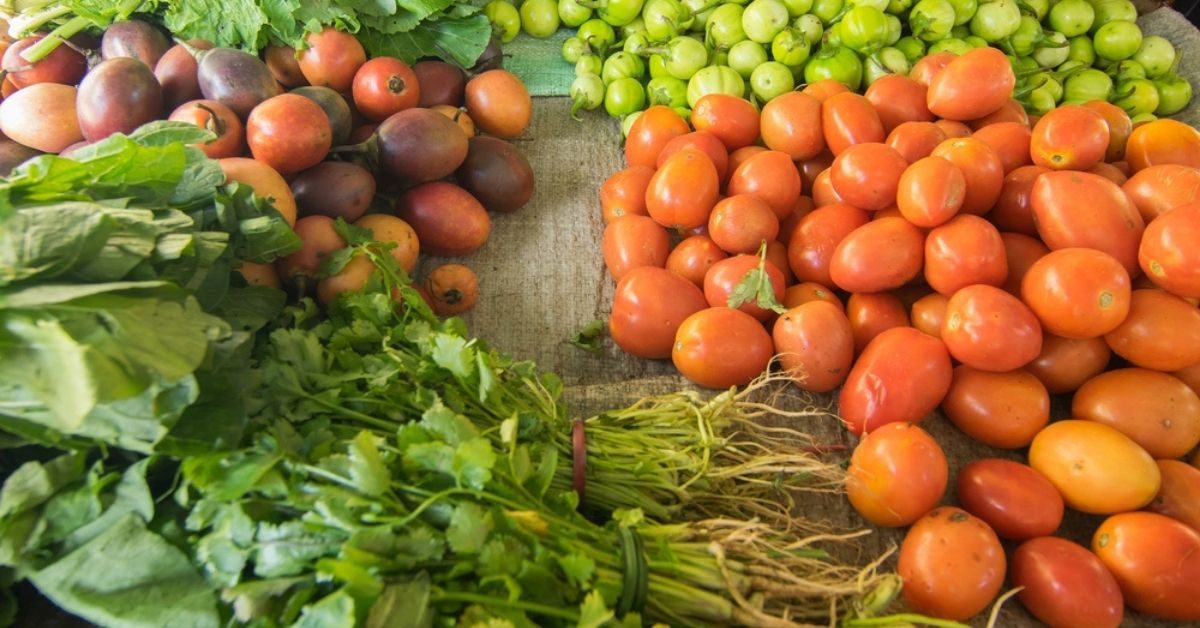The agreement builds on the Africa Centre of Excellence for Sustainable Cooling and Cold-chain (ACES) developed with the Government of Rwanda and UN Environment Programme at the University of Rwanda.
The Haryana Centre of Excellence will conduct state-of-the-art applied research and provide capacity building and training, an innovation and business hub and technology testing/demonstration centre. It will connect experts, investors, agri-food business, farmer cooperatives, and energy or logistics providers to deliver sustainable cooling.
It also follows an MoU signed earlier this year with the Indian State of Telangana for a Telangana Centre of Excellence. The UK and UN Environment technical assistance programme is funded by DEFRA.
Opened by the Rwandan High Commissioner, His Excellency Johnston Busingye and Mr. Jai Prakash Dalal, Hon’ble Minister of Agriculture & Farmers’ Welfare, Govt. of Haryana, the Summit was hosted at the University of Birmingham.
Opening the Summit, His Excellency Johnston Busingye commented: “Turning food loss and waste into nutritionally available food is critical for Africa’s sustainable development as well as building critical food reserves that are used to feed people in times of shocks.
“Compounded impacts from a global pandemic, growing pressures from the climate crisis, high energy prices, and protracted conflicts have disrupted production and supply chains and dramatically increased global food insecurity, especially for the most vulnerable countries.
“This has led the food systems and global food security into a critical moment. Global leaders have recently agreed that the only way to overcome global food insecurity is by working together to create innovative partnerships within the global community.”
Approximately 60% of food should be refrigerated at some point in the food supply chain – a number which will only increase as countries look to meet UN Sustainable Development Goals, feed a fast-growing population and adapt to a warming world and fast degrading environment.
Jai Parkash Dalal commented: “The UK-Haryana Centre for Post-harvest & Cold Chain will be a big leap towards developing and demonstrating post-harvest technologies that will enhance the shelf life of perishable produce. The Centre will not only cater needs of farmers but also researchers and entrepreneurs.”
Lack of effective refrigeration results in the loss of 526 million tons of food produced (12% of the global total) with developing countries refrigerating less than 20% of their production. These food losses result in an estimated 1 gigaton of CO2-eq emissions each year globally, in addition to wasting agricultural inputs such as land, fertilizers, water and energy. Equally, 25% of vaccines reach their destination with degraded efficacy mainly due to failures within the cold-chains; 20% of temperature-sensitive pharmaceutical products are damaged due to broken cold-chains.
Conventional cooling technologies are highly polluting due to climate impact of refrigerants (HFCs) and indirect emissions from energy use. They account for 7% of all global greenhouse gas (GHG) emissions, and these emissions could double by 2030, and triple by 2100.
Toby Peters, CSC Director and Professor of Cold Economy at the University of Birmingham and Heriot-Watt University, commented: “We must now figure out how to provide the globally connected cold-chains for a well-functioning society in an efficient, affordable, equitable and sustainable manner. Temperature-controlled supply chains networks are complex, requiring coordination across multiple stakeholders countries and continents. We need to understand the interplay with renewable energy, climate friendly refrigerants.
“We must also understand the impact and opportunities of radical new innovations – refrigeration cycles, Drones, Blockchain and Internet-of-Things (IoT) – as well as the food innovations such as alternative proteins, vertical farming which will dramatically change how we produce, distribute and consume food.”
Brian Holuj, UN Environment’s Project Manager for the Centres, added, “With the ACES hub taking shape in Kigali and major progress at its first “spoke” in Kenya, we are delighted to expand our collaboration with CSC to include the development of this new Centre in Haryana. There is a tremendous opportunity for cross-fertilization among the best minds in Africa, India, the UK and beyond as we tackle critical cold-chain needs.” CSC is responsible for a series of multinational and multi-partner cold-chain research programmes across UK, EU and internationally to explore system approaches on how to meet cold-chain needs and facilitate uptake of innovative systemic solutions at scale and increase awareness among policy makers about the importance of a sustainable, equitable and resilient cold-chain system globally.








